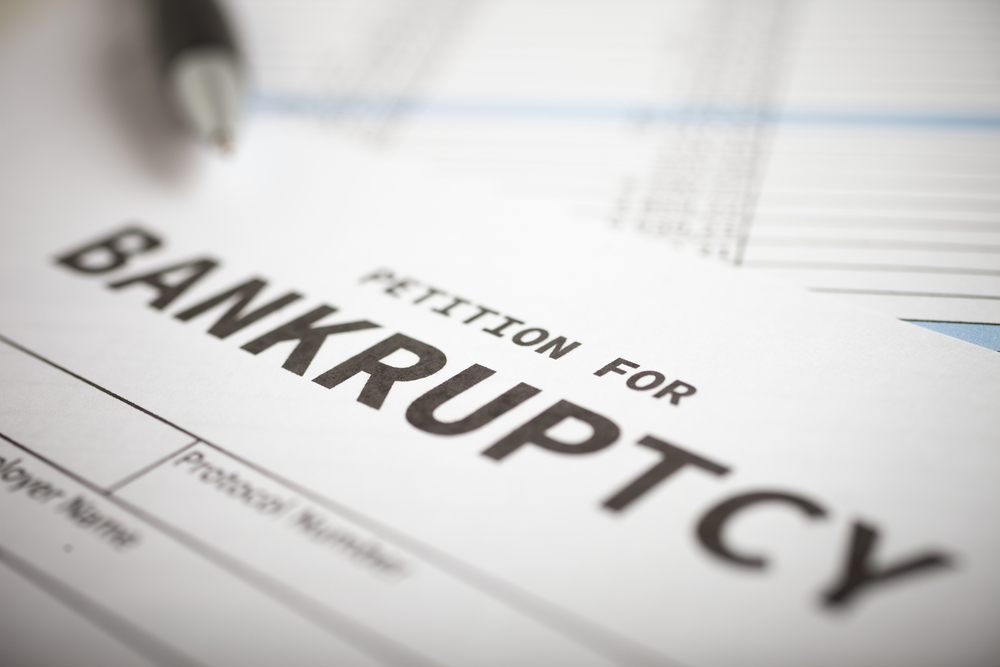Bankruptcy filings decreased by 21% in the past year, but trouble might lie ahead

Image from Shutterstock.com.
Bankruptcy filings decreased by 21.1% in the year ending Sept. 30, largely driven by a decrease in nonbusiness bankruptcies.
Business bankruptcies decreased by 2.2%, while nonbusiness filings decreased by 21.7%, Law360 reports.
The total number of bankruptcies decreased from 776,674 in the year ending in September 2019 to 612,561 in the year ending in September 2020, according to an Oct. 29 press release by the Administrative Office of the U.S. Courts.
Chapter 11 business reorganizations bucked the trend, however, increasing by 12.3% in the 12-month period.
The press release provides a couple of reasons for a decrease in filings, despite higher unemployment during the COVID-19 pandemic.
First, bankruptcy filings tend to increase gradually after an economic downturn begins. After the Great Recession that began in 2007, new bankruptcy filings increased until they reached a peak in 2010. Second, bankruptcy filings could be affected by pandemic-related court disruptions. Many bankruptcy courts had limited access since mid-March.
Government assistance also likely helped, according to a Bloomberg Law article by two Fox Rothschild partners.
Unemployment pay increased by $600, and the eligibility period was extended by up to 13 weeks. In addition, small businesses were able to get paycheck protection loans that may be forgiven if applied to payroll and other expenses. Also, restrictions on foreclosures may allow people to delay bankruptcy filing.
Some might also be waiting to see whether Congress approves additional aid.
The increase in Chapter 11 filings could have a domino effect, however, as companies reshape their businesses and lay off employees. And persistent economic effects from the pandemic will likely take a toll, especially as federal help dries up, according Bloomberg Law.
“It is almost certain that many more consumers will turn to bankruptcy as the only mechanism to overcome COVID-19’s economic fallout,” the Bloomberg authors concluded.



